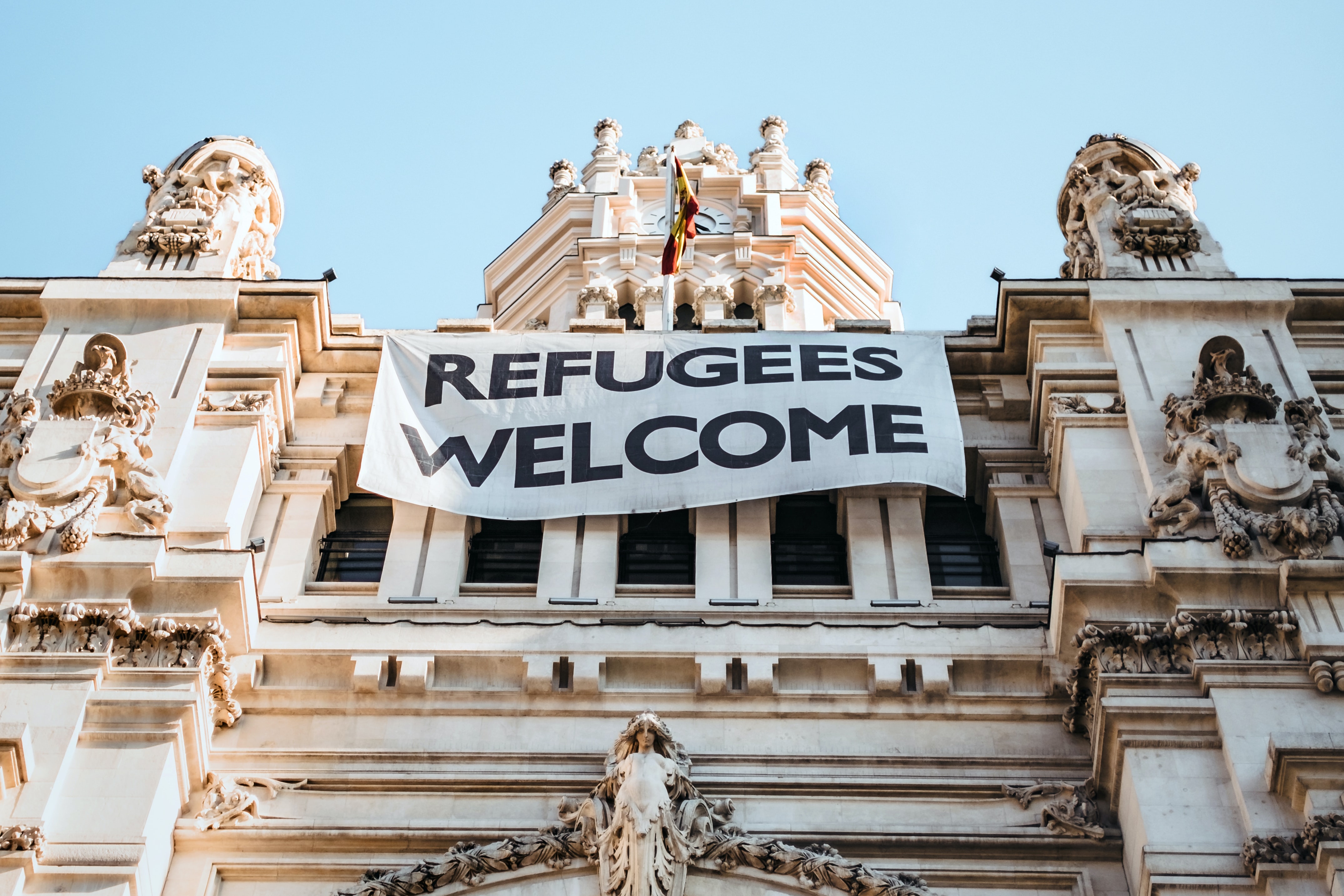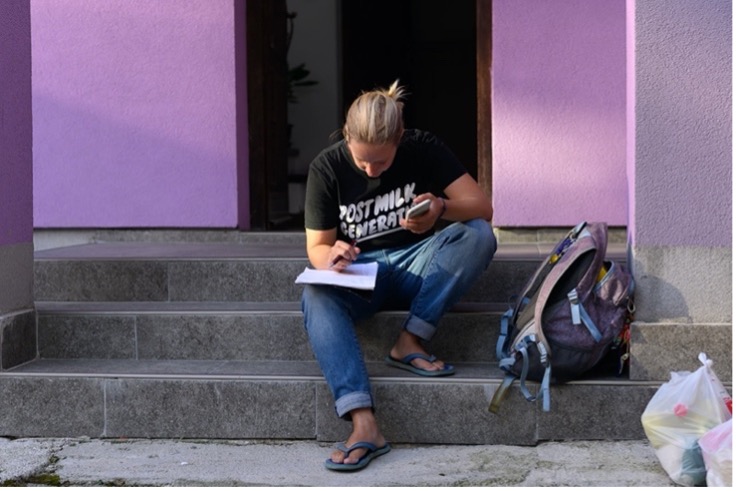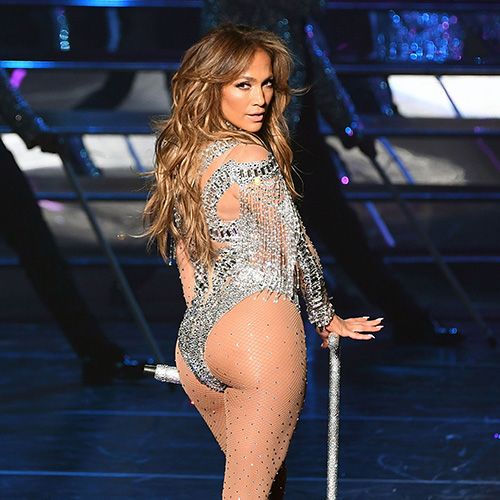Stories of “Illegal migrants” swarming to the UK have been the regular news headlines for well over a decade. Whilst many rightwing media outlets exploit the ignorance of the general public in order to promote sales, what impact is the negative and untrue language having on migrants living in the UK?
By Hannah Parry/Image by Metin Ozer
There are a variety of terms that can be used to describe someone who lives in a different country from the one in which they were born. Whilst the words ‘expats’ and ‘emigrants’ conjure up images of sunburnt Brits who have retired to the Spanish coast, the legal definitions of ‘refugee’ and ‘asylum seeker’ are often abused by the media to stir emotions within their readers.
The UN Refugee Agency states that a refugee is: “someone who is unable or unwilling to return to their country of origin owing to a well-founded fear of being persecuted for reasons of race, religion, nationality, membership of a particular social group, or political opinion.” whilst “an asylum-seeker is someone whose request for sanctuary has yet to be processed.”

The misuse of these legal terms has led to a climate of negativity surrounding everyone who has moved from another country to the UK.
‘Illegal immigrant’ or ‘illegal migrants’ appear in numerous headlines, often used by the right-leaning press. In many cases these terms are wrongly used, and in fact the term ‘asylum seekers’ should be used. An article in the Daily Mail from February 2021 demonstrates how “illegal migrants” was used as a descriptor, instead of the correct term, alongside other inflammatory language: “Britain housing migrants who have slipped into country illegally”.
The misuse of these legal terms has led to a climate of negativity surrounding everyone who has moved from another country to the UK.
Whilst the anti-migrant standpoint might make catchy headlines and sell papers, the real people behind the stories are obviously affected by the spread of misinformation. The Daily Mail article above refers to asylum seekers – those who have declared themselves to the authorities in the appropriate way and await their case to be assessed. They are not remaining in the UK illegally, they have a legal status.
With 44% of people in favour of “reducing the number of immigrants coming to Britain”, there is already a hostile atmosphere in the discussion of migration. However, these statistics are never just black and white. The Migration Observatory, who produced this statistic, preface with “Asking people about their views on immigration is not always straightforward. Definitions and categories are a particular problem: individual respondents and survey organisations may have different ideas of who ‘immigrants’ are.”
This lack of distinction has often led to an oversimplification of all foreign people as the same, and negative behaviour towards anyone who seems to be from abroad. Discrimination in the form of racist comments in shops was reported by people in the UK for another reason. The book Bad News for Refugees scrutinises news reporting in British media over different time periods with the aim of examining the political rhetoric used. A refugee worker who was interviewed for the book said:
“Everybody’s lumped together, … we’ve had several women who are the wives of foreign students or … men working in international companies … who are living here and they’re very much seen as, you know, asylum seekers and refugees who are scrounging off the state.”

Alongside this, racial discrimination has been encouraged in politics and media. Priti Patel – Home Secretary and Brexit campaigner – has said that “she looked forward to welcoming Hong Kongers “to our great country.”” implying that migrants from some countries are more valid and worthwhile, and won’t cause the strain on British public services, an important Brexit campaign message. The reduction in immigration that was promised during Brexit campaigning failed to mention the fact that a great number of undocumented migrants (those without any legal status in the UK) are from Commonwealth countries. They arrive with visas and then overstay: for example – in the year 2000, 40,000 Australians were found to have overstayed.
Changing the Narratives
The mainstream press is certainly guilty of misusing terminology which refers to people who have moved to a new country, but there are plenty of organisations and journalists trying to right these wrongs. The Ethical Journalism Network provides guidelines for journalists reporting on issues of migration, which include the need to present a balanced view of the voices of the communities that migrants encounter. For example, towns on migration routes that offer support, or communities that have felt the pressures of increasing needs once people have settled. And of course to use legally appropriate language. However, what is the best language to use? What if you are referring to a group of people but you’re not sure of their legal status?
Jack Sapoch, of the Border Violence Monitoring Network, described how the terms ‘people-on-the-move’ and ‘people in transit’ have become frequently used.
“I’d definitely say that the term “people-on-the-move” has been used longer and more widespread in the activist community. Whereas “people-in-transit” comes more in the academic tradition. Both terms are conscious rejections of other labels like refugee, migrant, etc. due to the fact that they can be quite reductive/exclusionary.”
However, what is the best language to use? What if you are referring to a group of people but you’re not sure of their legal status?
Whilst this language refers to people who are still on their migratory journey, women living in the UK are beginning to reclaim some of the language used negatively. Carolina Largo, Support Worker at the Joint Council for the Welfare of Immigrants, explains how she experienced xenophobia, but that her experience as a migrant woman helps her to do her job better.
“I am totally, totally a migrant woman! I was an immigrant in Colombia from Venezuela, and now I’m in the UK as European Family Member, my husband is Hungarian. But people say to me, you’re not European, you’re not English. When I first moved here, an employment advisor told me I’d never work in the legal sector again, but honestly it just motivated me to prove her wrong. My clients, who are often refugees and asylum seekers, say to me “You don’t know how I feel,” but actually I share some of their experiences. My work gives me empathy with all vulnerable groups. I’m proud to be a migrant woman, and I’m proud to help others like me.”

What can you do?
Whilst negative and incorrect language are not going to disappear from the mainstream press, there are still actions we can take to ensure that public opinion and every day speech begin to shift away from inflammatory phrases.
You can engage with publications which seek to promote the stories of migrants. The World Wide Tribe and Podcast series ‘Immigrant Dilemma’ both seek to tell the individual stories of those who are settling in the UK, in order to present the face in the crowd. The New Humanitarian reports on serious global issues which go unreported in mainstream media.
Additionally, you can promote discussion with people, on social media and in person, when they use the incorrect term in order to gently change opinions. Awareness of what you are saying and reading is the first step towards making change.




